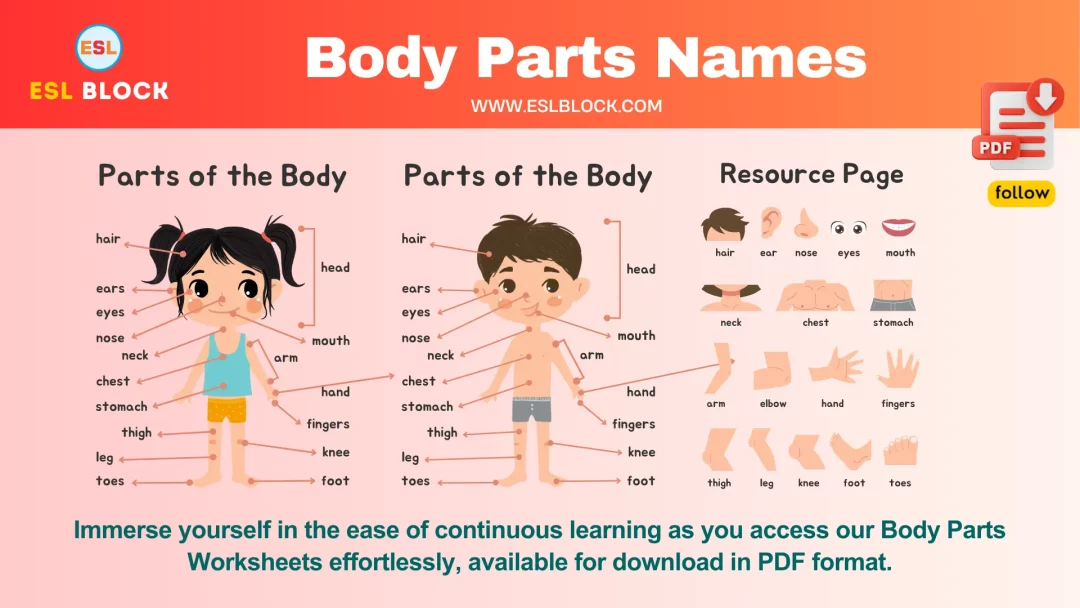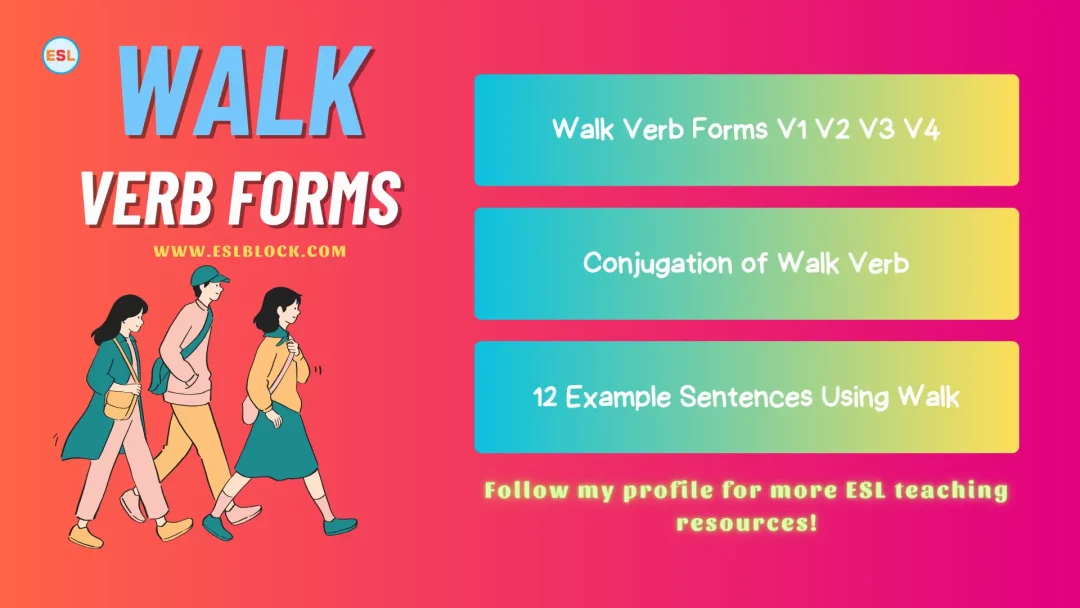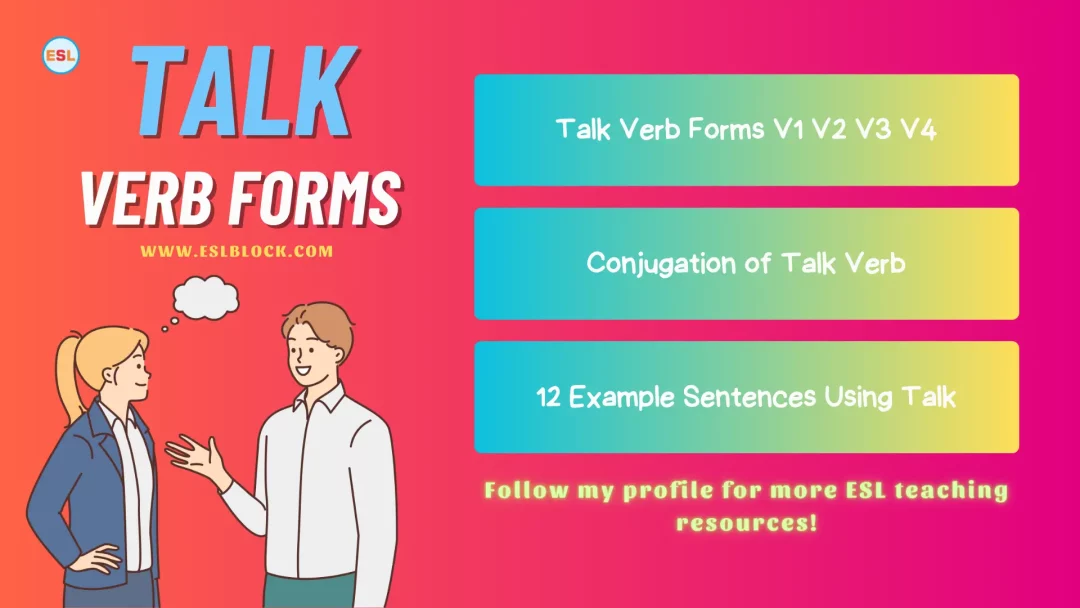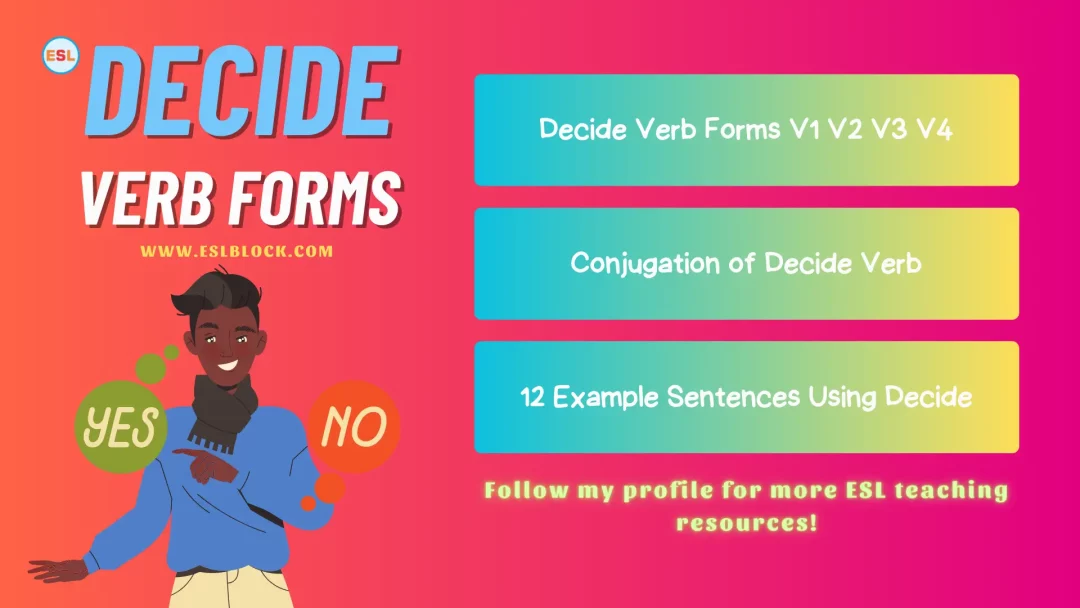Intransitive Verbs in English with Example Sentences
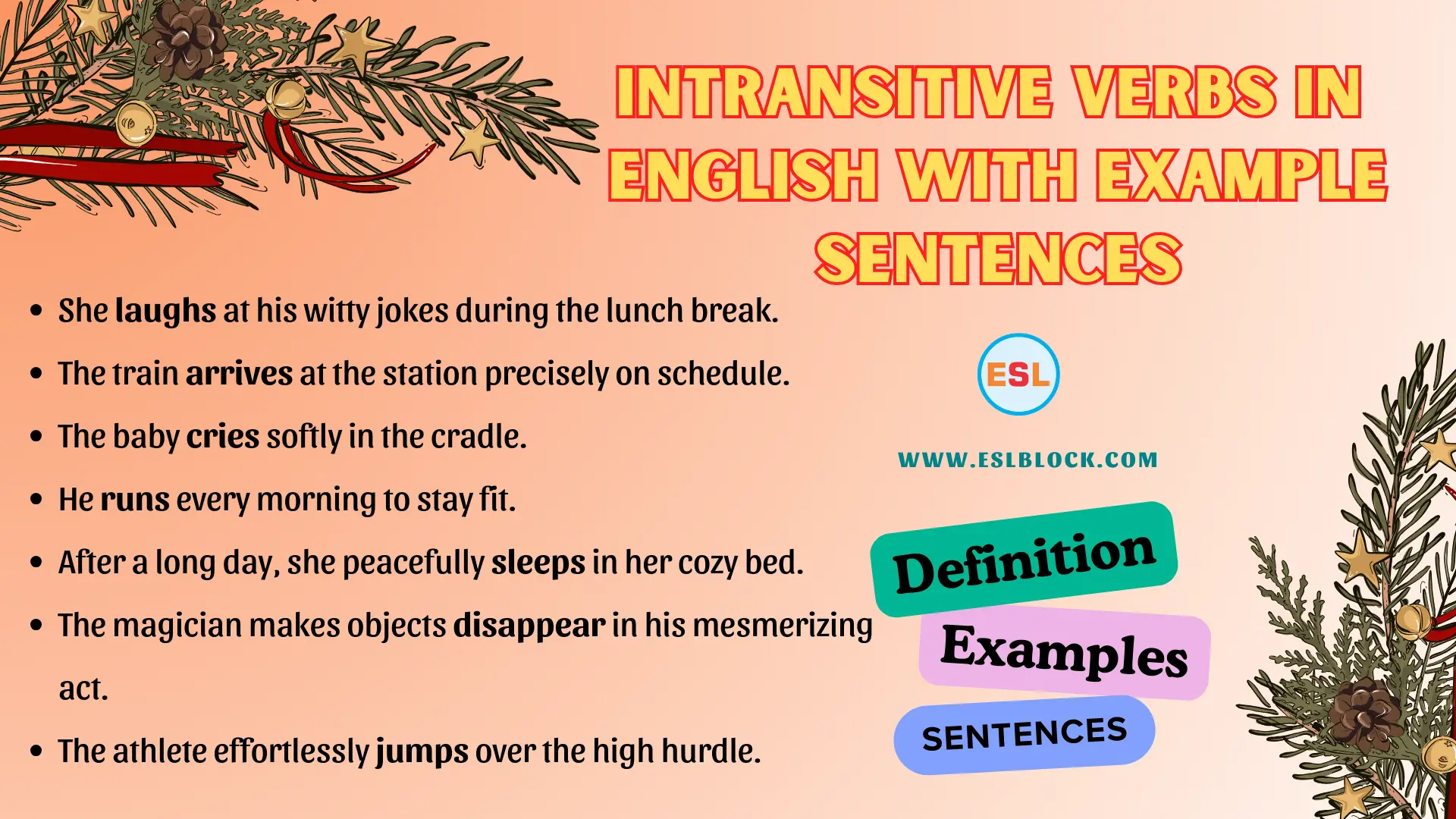
![]()
Embark on a linguistic journey as we unravel the realm of intransitive verbs, unsung heroes in the symphony of English grammar! ? Positioned uniquely in the pantheon of parts of speech, intransitive verbs play a vital role in sentence construction, adding depth and variety to our expressions.
Today, we delve into the definition, meaning, and practical applications of intransitive verbs, exploring their significance in the intricate dance of English grammar.
Intransitive verbs, often overlooked yet omnipresent, carve their niche as verbs that don’t require a direct object to complete their meaning. Understanding their role is essential for mastering the nuances of sentence structure and communication.
Let’s embark on this linguistic exploration, shedding light on the essence of intransitive verbs and their crucial place in the landscape of English grammar.
Also Check: Parts of Speech
What are Intransitive Verbs?
Intransitive verbs, the silent architects of concise communication, are verbs that don’t necessitate a direct object to complete their meaning within a sentence. Unlike transitive verbs that crave an object to receive the action, intransitive verbs stand independently, conveying a complete thought without additional elements.
For instance, consider the sentence “She laughs.” Here, the intransitive verb “laughs” stands alone, expressing the action without the need for a direct object. This simplicity and self-sufficiency make intransitive verbs an integral component of constructing clear and effective sentences.
Examples of Intransitive Verbs
Explore the world of intransitive verbs through this list:
- Laugh
- Arrive
- Cry
- Run
- Sleep
- Disappear
- Jump
- Listen
- Arrive
- Fall
- Wait
- Smile
- Dance
- Succeed
- Awaken
- Hesitate
- Appear
- Vanish
- Occur
- Surprise
Example Sentences using Intransitive Verbs
- She laughs at his witty jokes during the lunch break.
- The train arrives at the station precisely on schedule.
- The baby cries softly in the cradle.
- He runs every morning to stay fit.
- After a long day, she peacefully sleeps in her cozy bed.
- The magician makes objects disappear in his mesmerizing act.
- The athlete effortlessly jumps over the high hurdle.
- Close your eyes and simply listen to the soothing music.
- The guests eagerly await the moment when the performer will arrive on stage.
- The leaves gracefully fall from the trees in autumn.
- She waits patiently for her turn in the queue.
- Despite the challenges, she manages to smile brightly.
- The couple elegantly dances under the starlit sky.
- Against all odds, he eventually succeeds in his endeavors.
- As the sun rises, the city slowly awakens to a new day.
- Before making a decision, he tends to hesitate briefly.
- A sense of anticipation fills the air as the first stars appear.
- Like a ghost, the mysterious figure seems to vanish into thin air.
- Unforeseen events can unexpectedly occur in life.
- The unexpected news manages to surprise everyone in the room.
Conclusion
In the rich tapestry of English grammar, intransitive verbs stand as eloquent witnesses to the beauty of simplicity and self-sufficiency. ? Their ability to convey a complete thought without the need for additional elements adds a layer of elegance to sentence construction.
As we navigate the terrain of language, let’s appreciate the significance of intransitive verbs in creating clear and impactful expressions. In the intricate dance of parts of speech, intransitive verbs are the nimble dancers, gracefully moving through the syntax of our sentences.

